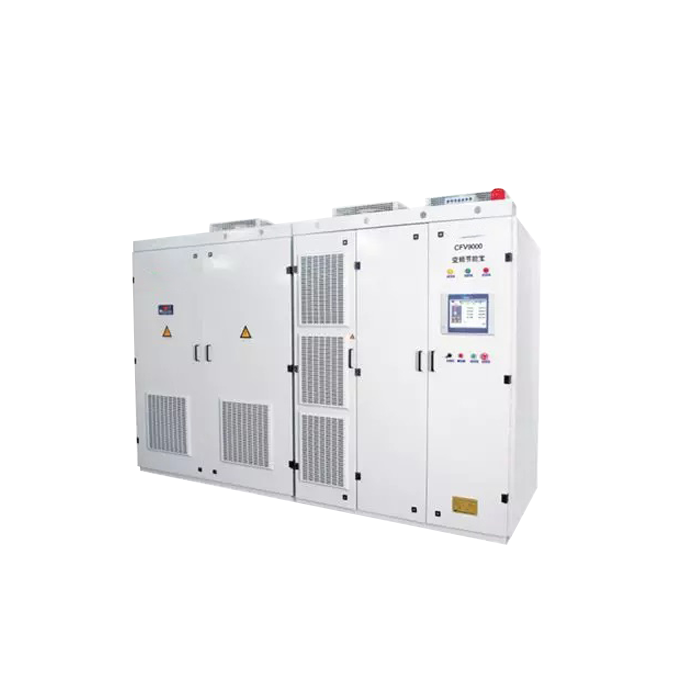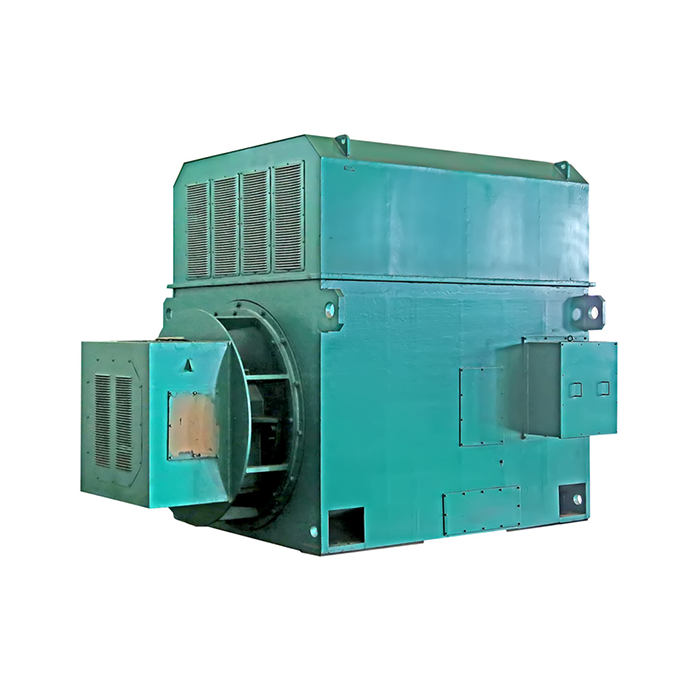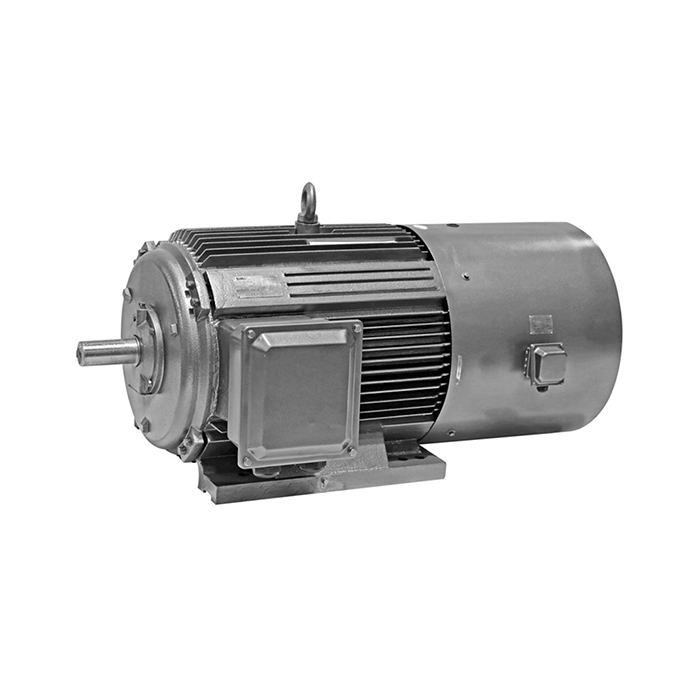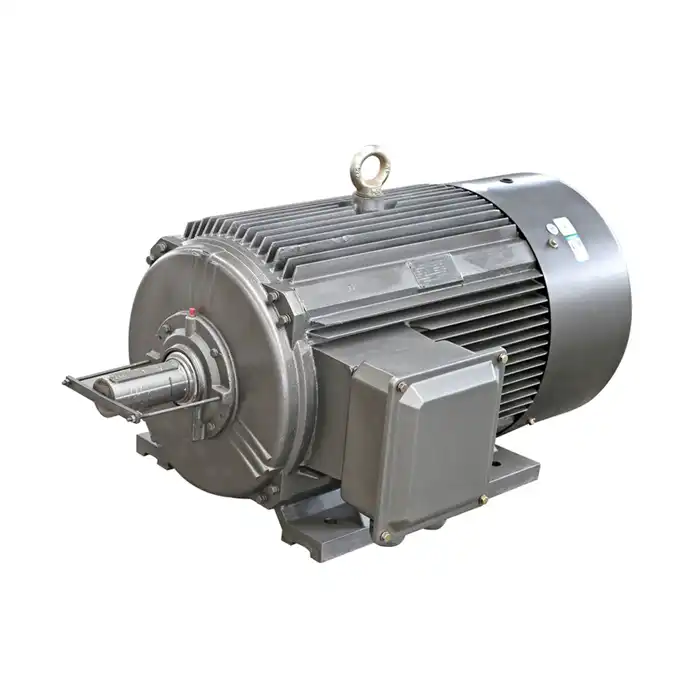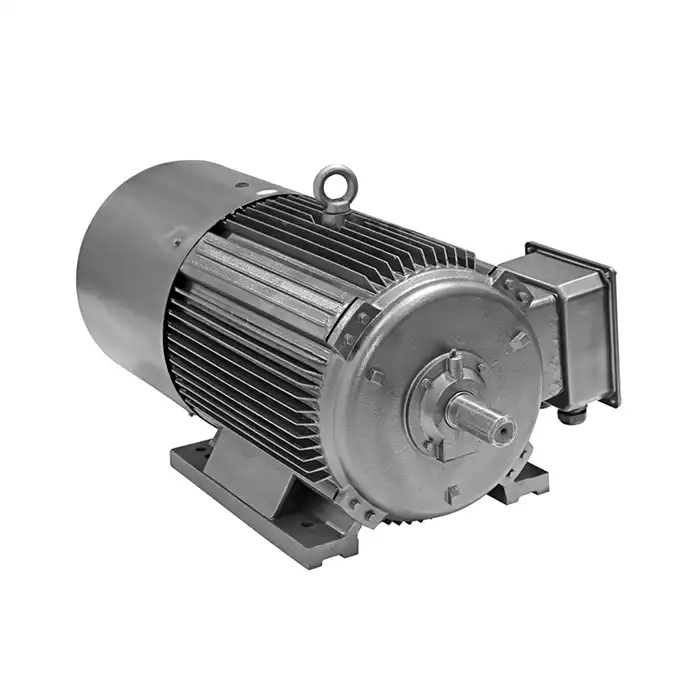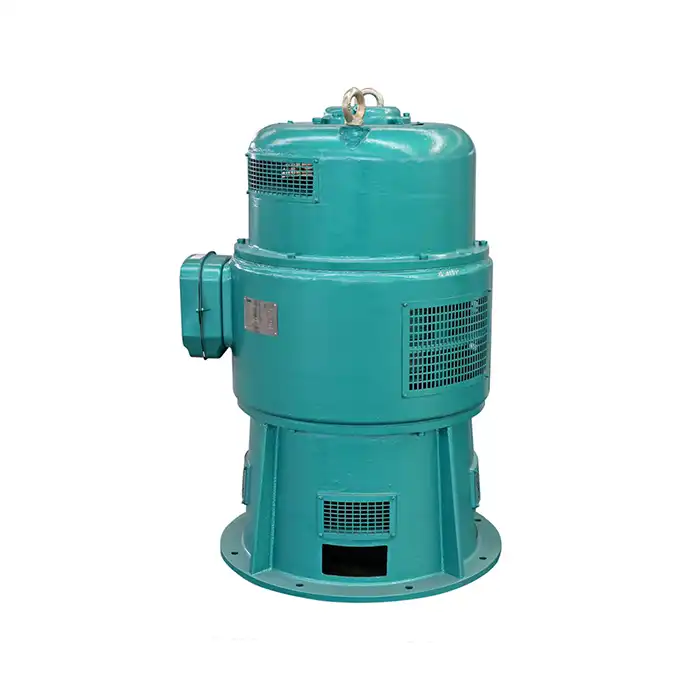Principles of Variable Frequency Drive Operation
To understand how frequency converters control motor speed and torque, it's essential to grasp the fundamental principles behind their operation. Electrical frequency converters manipulate the frequency and voltage supplied to a motor, allowing for precise speed and torque control. Let's examine the core components and processes involved in this sophisticated system.
Rectification: Converting AC to DC
The first stage in the frequency conversion process involves rectifying the incoming alternating current (AC) power into direct current (DC). This step is crucial as it allows for subsequent manipulation of the electrical signal.
DC Bus: Smoothing the Electrical Current
Once rectified, the DC current passes through a series of capacitors and inductors, which smooth out any remaining ripples in the electrical signal. This stage ensures a stable DC voltage for the next phase of the process.
Inverter: Generating Variable Frequency AC
The heart of the frequency converter lies in its inverter section. Here, the DC power is converted back into AC, but with a crucial difference: the frequency and voltage can be precisely controlled. This is achieved through a technique called pulse-width modulation (PWM).
Pulse-Width Modulation: Fine-Tuning Output
PWM involves rapidly switching the DC power on and off to create a series of pulses. By adjusting the width and frequency of these pulses, the inverter can generate an AC output with the desired frequency and voltage characteristics.
Impact of Frequency Modulation on Motor Performance
Now that we understand the basic operation of the electrical frequency converter, let's explore how modulating the frequency affects motor speed and torque. These relationships are fundamental to the effective control of electric motors in various applications.
Frequency-Speed Relationship
The speed of an AC motor is directly proportional to the frequency of the power supply. By adjusting the output frequency of the converter, we can precisely control the motor's rotational speed. This relationship is expressed by the formula:
N = 120 * f / p
Where:
- N is the motor speed in rpm
- f is the frequency in Hz
- p is the number of poles in the motor
Voltage-Torque Correlation
While frequency primarily affects speed, the voltage supplied to the motor influences its torque output. To maintain consistent torque across a range of speeds, frequency converters must adjust both frequency and voltage proportionally. This is known as the volts/hertz (V/Hz) ratio.
Constant Torque vs. Variable Torque Applications
Different applications require different torque characteristics. Constant torque applications, such as conveyors or positive displacement pumps, need consistent torque across all speeds. Variable torque applications, like centrifugal pumps or fans, require torque that varies with the square of the speed.
Overcoming Starting Torque Challenges
One advantage of using a frequency converter is its ability to provide increased starting torque when needed. By supplying a higher initial voltage at low frequencies, the converter can help motors overcome inertia and start heavy loads more effectively.
Optimizing Motor Control: Key Parameters to Consider
To achieve optimal motor performance and efficiency, several parameters must be carefully considered and adjusted within the electrical frequency converter. Let's examine these crucial factors and how they contribute to effective motor control.
Acceleration and Deceleration Ramps
Controlling the rate at which a motor speeds up or slows down is crucial for many applications. Frequency converters allow for precise setting of acceleration and deceleration ramps, helping to prevent mechanical stress and optimize energy consumption.
Current Limiting
To protect both the motor and the power supply system, frequency converters incorporate current limiting features. These prevent excessive current draw during starting or under heavy loads, ensuring safe and reliable operation.
Slip Compensation
In induction motors, the actual rotor speed is slightly lower than the synchronous speed due to slip. Advanced frequency converters can compensate for this slip, maintaining more precise speed control across varying load conditions.
Power Factor Correction
By maintaining a high power factor, frequency converters can improve overall system efficiency and reduce stress on the electrical supply. This is particularly important in industrial settings with multiple motor loads.
Harmonic Mitigation
The switching action of frequency converters can introduce harmonics into the electrical system. Modern converters incorporate various techniques to mitigate these harmonics, ensuring compliance with power quality standards and reducing potential interference with other equipment.
Thermal Management
Effective cooling is essential for the reliable operation of both the frequency converter and the motor. Advanced thermal management techniques, such as variable speed cooling fans and temperature-based current limiting, help maintain optimal operating conditions.
Feedback and Closed-Loop Control
For applications requiring extremely precise speed or position control, frequency converters can incorporate feedback mechanisms. These closed-loop systems use sensors to monitor actual motor performance and make real-time adjustments to maintain desired operating parameters.
Enhance Your Motor Control with XCMOTOR
When it comes to electrical frequency converters, XCMOTOR is the go-to company for high-quality solutions made to order. You can optimise your operations and minimise energy consumption with the aid of our sophisticated frequency converters, which provide unrivalled accuracy in controlling motor speed and torque. Our dedication to innovation and years of expertise allow us to provide goods that are long-lasting, dependable, efficient, and easy to use. Every solution we provide as an electrical frequency converter supplier is triple-checked to make sure it works as promised and leaves the client happy. Get the most out of your motor control system by upgrading to XCMOTOR's frequency converters. Contact us today at xcmotors@163.com to learn more about how we can elevate your motor control systems.



